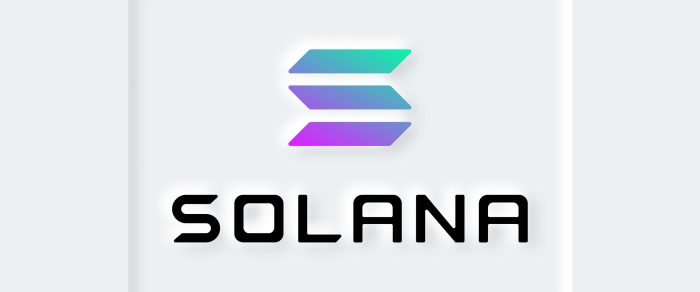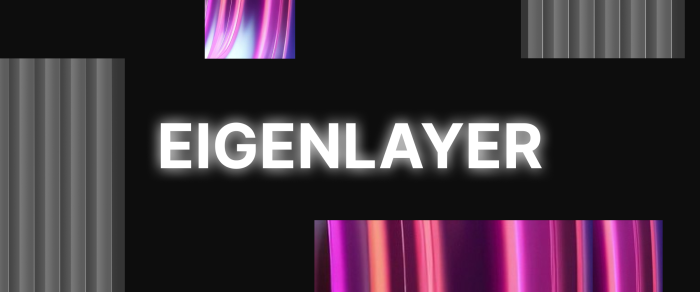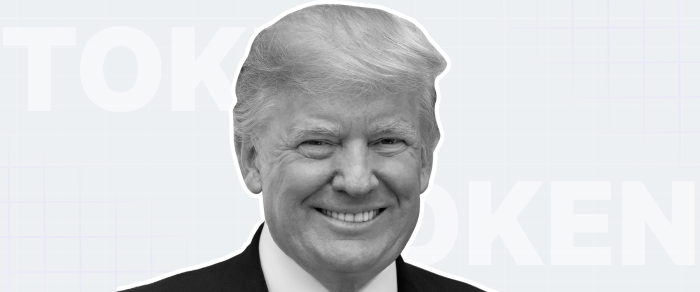SEC Reviews Fidelity’s Spot Solana ETF Filing as SOL Drops Amid Trump Tariff Shock
An important event in the cryptocurrency sector was the formal confirmation of the application for a Spot Solana ETF by Fidelity by the U.S. Securities and Exchange Commission (SEC). This is not yet a green light, but the beginning of the formal review process is a serious sign that Solana may be approaching mainstream financial adoption.
While the filing should’ve been a positive trigger for Solana, the market had other ideas. Instead of rallying, SOL dropped over 12% following the news. But the dip wasn’t directly tied to the ETF filing — instead, it was fallout from recent remarks by former President Donald Trump, who floated the idea of sweeping tariffs if he’s re-elected. That sent investors into risk-off mode, impacting assets across the board.
What Does the SEC Acknowledgment Mean?
Let’s be clear: the SEC’s acknowledgment doesn’t mean Fidelity’s ETF has been approved. It simply means the Commission has officially started reviewing the proposal. Over the next several months, regulators will dig into the details, checking whether the structure, legal framework, and market safeguards meet the necessary standards.
Even so, this is a big moment for Solana. Known for its high-speed transactions and low costs, Solana has emerged as a favorite among developers and investors looking for an alternative to Ethereum. A spot ETF would give investors, both everyday traders and institutions, a way to gain exposure to SOL in a regulated environment, without needing to deal with wallets, keys, or direct custody.
According to Crypto Briefing, this filing comes as Solana continues to ride a wave of momentum, following the SEC’s recent approval of Bitcoin and Ethereum ETFs.
Trump’s Tariff Talk Throws a Wrench in the Rally
Under normal conditions, a move like this would be a clear bullish signal. But just as the news broke, Trump’s comments about possible new tariffs sparked broader fears in financial markets. Those remarks raised concerns about inflation, trade tensions, and global economic instability, prompting a sell-off in risk assets, including crypto.
As CryptoDnes reported, many traders had expected the ETF news to lift SOL. But instead, the mood turned defensive, and altcoins like Solana got caught in the crossfire.
What’s Next for Fidelity’s Solana ETF?
Now that the SEC is reviewing the application, the process officially begins. It can take up to 240 days, during which the agency can request updates, revisions, or even hit pause while it considers public comments and technical details. Topics on the table will likely include investor protections, custodial solutions, and market integrity.
This filing follows the successful rollout of several Ethereum-based ETFs in the U.S., and optimism is growing that other altcoin ETFs could soon follow. If Fidelity’s Solana ETF gets approved, it would be one of the first in the U.S. tied to a Layer 1 blockchain outside of Bitcoin and Ethereum.
The Big Picture
SOL’s short-term price dip aside, Fidelity’s move is a strong signal that institutional crypto adoption is accelerating. Interest is no longer limited to just Bitcoin and Ethereum — major players are starting to explore deeper into the altcoin ecosystem.
And while SEC approval isn’t guaranteed, the fact that this filing is even being reviewed shows how far the industry has come. A green light could open the door to a whole new class of crypto ETFs, helping to bring more legitimacy and accessibility to the space.
For now, we wait. But no matter how this shakes out, one thing’s clear: Solana is no longer flying under the radar.



